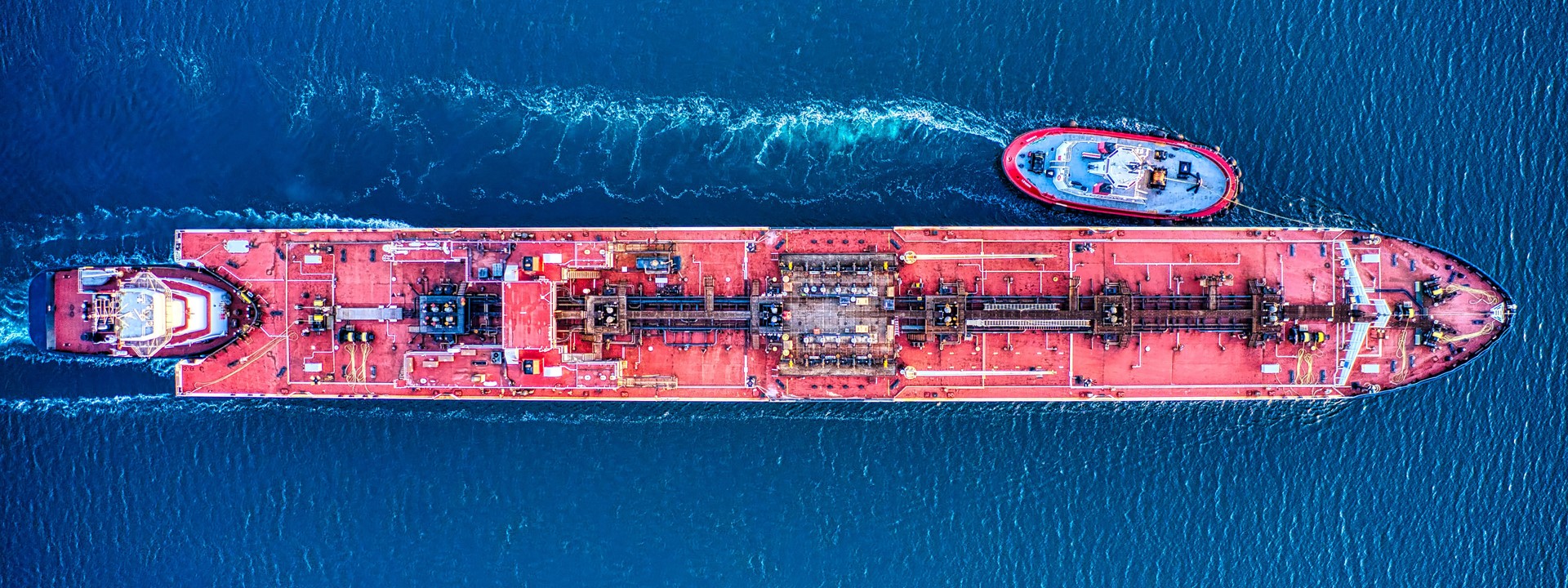Following the Russian invasion of Ukraine in February 2022, an unprecedented amount of sanctions have been issued against Russia to restrict the revenue Russia derives from its petroleum exports
On 5 December 2022, the European Union (EU) introduced the first of two bans on Russian seaborne crude oil imports. From 5 February 2023, the EU has implemented the second ban on Russian seaborne refined oil imports and expanded as planned to set price caps for petroleum products of Russian origins which fall under the CN code 2710. The level of the price cap is set by the coalition of countries backing the scheme – the EU, G7 countries and Australia. This is intended to address inflation and stabilise global energy prices, alongside the primary purpose of reducing Russian revenues.
The price cap is the price per barrel at or below which petroleum products from Russia are exempt from the exclusions to provide:
- Maritime transport of petroleum products to third countries (i.e. not the EU, G7 or Australia)
- Technical assistance, brokering services or financing or financial assistance, related to the maritime transport of petroleum products to third countries.
The Two price caps that have been set are as follows:
- USD 45 per barrel for petroleum products traded at a ‘discount to crude oil’ – Products of a lesser export value.
- USD 100 per barrel for petroleum products traded at a ‘premium to crude oil’ – Products of a high export value often used for transport and electricity generation such as jet fuel and diesel.
Executive Summary
- The cap enables shipping companies carrying Russian oil products to access western insurance and financing only if they purchase Russia oil products at or below the cap.
- As stated by the EU’s press release on 4 February 2023, a ‘transitional period of 55 days is foreseen for those vessels carrying Russian petroleum products, which were purchased and loaded onto the vessel prior to 5 February 2023 and unloaded prior to 1 April 2023.’
- The European Council will ‘revert to review the price cap mechanism for crude oil as of mid-March and the review will occur regularly every two months.’
- Trading in non-price-capped oil originating from Russia could lead to a fine of $1.2 million or more in the UK.
- Bulgaria is exempt from the price cap and can remain receiving Russian seaborne crude imports until the end of 2024. Croatia has an exemption for ‘vacuum gasoil’ until the end of 2023.
- As British Marine and QBE is subject to Australian sanctions reference has been made to Australian Regulation in this circular.
Legislative summary
Legislation and guidance giving effect to the Price Cap Scheme has been updated and published by the European Union, the United Kingdom the United States, and Australia and this Notice describes the impact of the scheme on shipowners, charterers and cover for such trades.
- This measure was legislated for in the “The Russia (Sanctions) (EU Exit) (Amendment) (No. 16) Regulations 2022” laid on 3 November 2022.
- A General Licence INT/2022/2469656 was issued on 4 December, and updated on 3 February, which provides the oil price cap exception to this legislation and enables UK services to continue facilitating the transport of refined oil products from 5 February, from a place in Russia to a third country as well as between third countries when purchased at or below the oil product price cap levels.
- A list of premium-to crude products, as well as further detail to help industry comply with the new rules, is included in both the General Licence INT/2022/2469656 and OFSI Guidance published on 3 February.
Details of legislation in respect of the European Union, United Kingdom, United States, and Australia are provided from page 3.
Attestation Summary
A shipowner or charterer that intends to transport Russian crude oil cargoes after 5 December 2022 and/or petroleum cargoes after 5 February 2023 will need to provide its P&I Insurer with an attestation that it will not for the duration of the period of insurance carry Russian oil and/or petroleum cargoes which have been sold at a price that for the period it is on board the vessel has exceeded the Price Cap. The attestation required is Annex II to this notice.
Additionally, shipowners and charterers currently engaged in trades involving the carriage of Russian petroleum products that commenced prior to 5 February 2023, but which will be completed by 1 April 2023 will need to complete a separate attestation. The attestation required is Annex I to this notice. Please download and complete the attestation(s) and email this to your usual contact or alternatively managers@britishmarine.com


